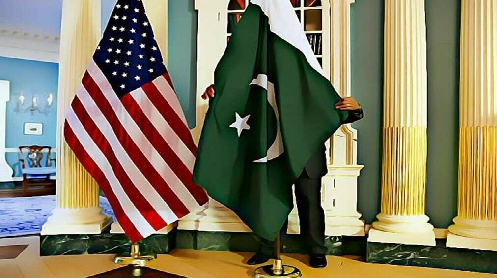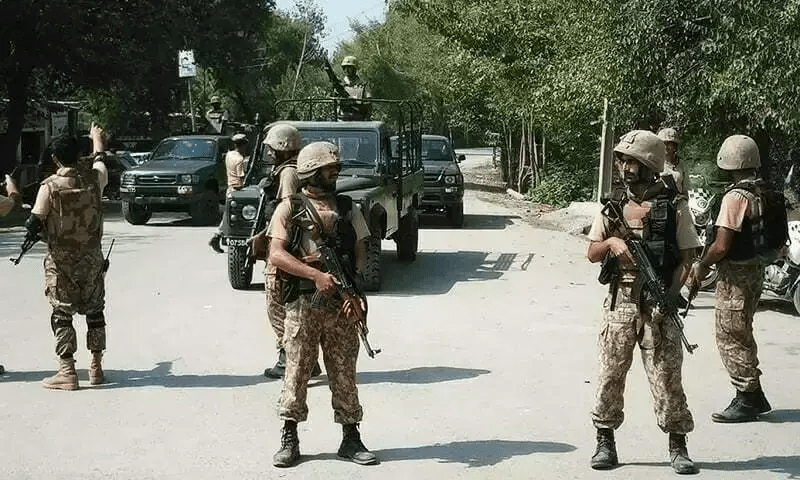WASHINGTON, July 1, 2025: A high-level Pakistani delegation has arrived in Washington to finalize a crucial trade agreement aimed at resetting economic ties with the United States and reducing tariffs on Pakistani exports.
Led by Commerce Secretary Jawad Paal, the delegation is set to meet with U.S. Trade Representative Jamieson Greer and senior officials from the Departments of Commerce and State. The talks, ongoing for over a month, are expected to conclude this week, according to Pakistan’s Finance Ministry.
The visit follows a key meeting between Finance Minister Muhammad Aurangzeb and U.S. Commerce Secretary Howard Lutnick, where both sides expressed optimism about the negotiations. The discussions are primarily focused on reciprocal tariff reductions, with broader strategic and investment cooperation also on the agenda.
Currently, Pakistani exports to the U.S. face a 29% tariff, a barrier Islamabad is keen to reduce. In 2024, Pakistan maintained a trade surplus of \$3 billion with the U.S., but officials say the long-term goal is balanced, mutually beneficial trade.
To address American concerns over the imbalance, Pakistan has offered to increase imports of U.S. goods, including crude oil, and open up strategic sectors—particularly mining and minerals—for foreign investment.
As part of this effort, the two governments co-hosted a webinar last week to promote investment in Pakistan’s resource-rich mineral sector. The session spotlighted the \$7 billion Reko Diq copper-gold project in Balochistan, with participation from U.S. investors, public officials, and financial institutions.
The U.S. Export-Import Bank is currently reviewing financing proposals worth \$500 million to \$1 billion for the project, a potential game-changer for U.S.-Pakistan economic ties.
U.S. Treasury Secretary Scott Bessent, in a recent interview with Fox Business, said Washington is negotiating trade agreements with 18 key partners, including Pakistan. He indicated that 10 to 12 deals could be finalized by Labor Day, offering a more flexible timeline than the initially projected July 9 deadline.
In a geopolitical context, President Donald Trump recently stated that trade diplomacy played a key role in reducing hostilities between Pakistan and India in May. U.S. officials believe finalizing trade deals with both South Asian nations could help stabilize regional dynamics and lay the groundwork for broader economic cooperation.
Story by Anwar Iqbal







